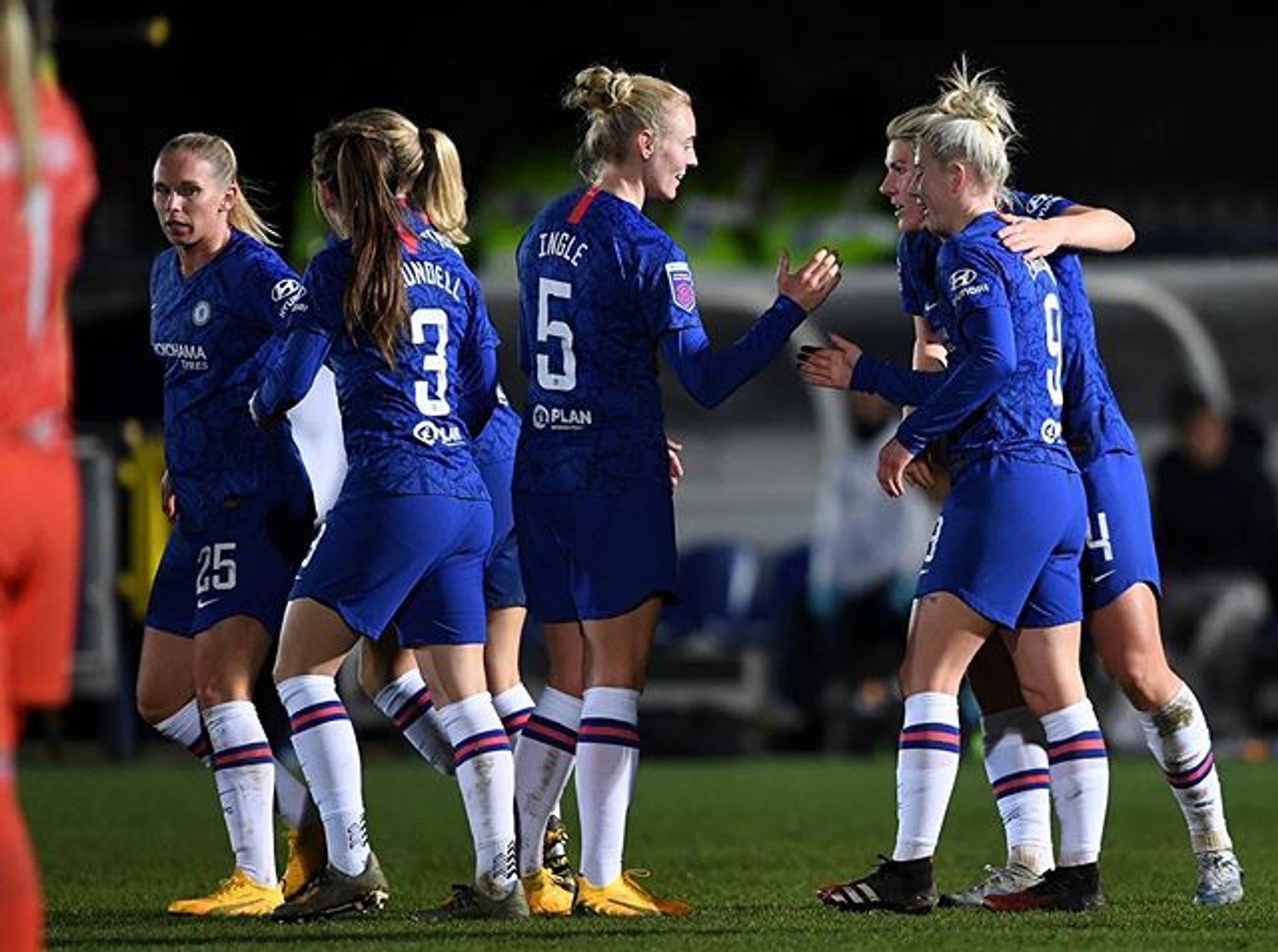
ModiBodi’s progressive campaign 'The New Way to Period' continues the brand’s crusade to normalise and change the conversation around periods. Stigma around periods remains, and brands that cater to female health can help break down barriers by showing women’s real experiences on-screen. We explore the insights behind this and why it is time to depict women's real experiences on screen.
ModiBodi, Australia’s top-selling period and leak-proof underwear brand, has launched a campaign called 'The New Way to Period' to counter continuing taboos around menstruation. “Advertising for personal hygiene products has come a long way in the seven years since we started Modibodi, but many brands still feel the need to hide or gloss over the very natural process of having your period,” says Kristy Chong, CEO and founder of Modibodi.
Modibodi’s campaign shows the issues women struggle with while on their period, such as being made to feel gross or unnatural, and then goes on to depict a diverse range of women as they embrace this normal process. “For too long we’ve been told how we should feel about our periods. It’s been a pleasure to help herald in ‘the new way to period’ with a brand bold enough to lean into the beauty of normality and eschew all the hyperbole so often seen in this category,” says Jardin Anderson, senior creative at Emotive.
Even though menstruation is a natural process, women often feel unnecessary shame around the topic – one in three young girls is afraid to talk about their periods. With revolutions happening in female health, this is changing, and brands are starting to show real experiences of periods. Thinx’s ad reversed gender roles to show the stigma women face when on their period, and Callaly’s campaign aimed to bring trans men into the conversation. Breaking down period stigma can go beyond female health; menstruation is being linked to wider aspects of women’s lives. For example, Chelsea football club based its training regimes around players' cycles.
Isabel Evans is a behavioural analyst at Canvas8. Fascinated by how and why people do things, she has an MSc in cognitive and decision sciences from UCL. You can often find her drinking endless coffees, running around Regent’s Park, or delving into a book.



